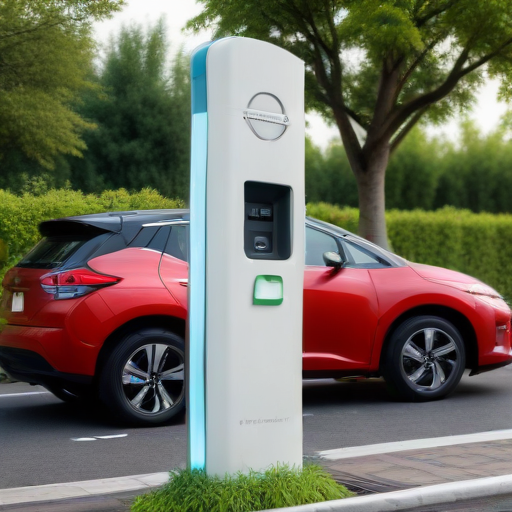Nissan Motor Co. is experiencing a remarkable rise in its share price, following reports of potential merger talks with fellow Japanese automaker Honda. On Wednesday, Nissan shares skyrocketed by 23.7%, marking their most significant daily increase since at least 1985. In contrast, Honda’s shares saw a slight decline of 3%.
According to a report from Nikkei, Nissan and Honda are exploring the creation of a holding company, with plans to draft a memorandum of understanding in the near future. This new corporate structure could eventually include Mitsubishi Motors, where Nissan holds a minority stake of 24%. This move is seen as a strategy for Nissan to bolster its competitive edge against larger automotive players and to enhance investment in the burgeoning electric vehicle market.
The discussions come in the wake of Nissan’s recent struggles, as the company reported disappointing financial results for its second quarter ending in September. Last November, Nissan announced a reduction in its revenue and operating forecasts, alongside plans to cut 9,000 jobs and reduce global production capacity by 20% due to intense competition in key markets.
Vivek Vaidya, a global client leader in mobility research at Frost & Sullivan, indicated that these merger talks are largely motivated by Nissan’s need for revitalization, especially in light of its declining market presence and challenges associated with its partnership with Renault. Joe McCabe, CEO of AutoForecast Solutions, emphasized that Nissan’s performance has been lacking leadership in significant market segments.
In summary, the potential merger between Nissan and Honda could be a strategic move to reinforce both companies in a competitive automotive landscape and accelerate their push towards electric vehicles. While Nissan faces significant challenges, this partnership could pave the way for a more promising future for both automakers.
The hopeful aspect of this news is that by consolidating resources and expertise, Nissan and Honda could revitalize their operations and enhance their influence in the rapidly evolving automotive industry, especially in areas such as electric mobility. This partnership represents an opportunity for growth and innovation, paving the way for a more sustainable future in transportation.
